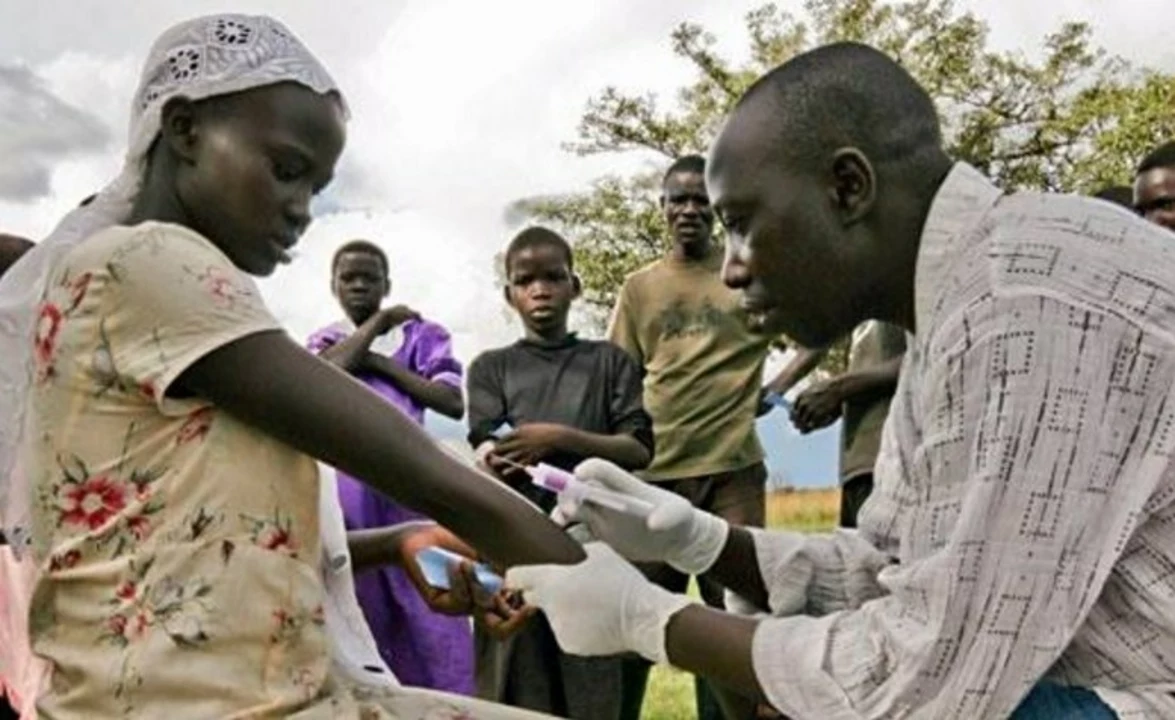Ivermectin: Uses, Dosage, and Safety You Should Know
Ivermectin is a medicine mostly used to treat parasitic infections in people and animals. It's on the WHO Essential Medicines List for conditions like onchocerciasis (river blindness) and strongyloidiasis. You may have heard about it in other contexts, but here we'll stick to practical facts you can use when talking with your doctor.
What ivermectin treats
For humans, ivermectin commonly treats intestinal strongyloidiasis and onchocerciasis. It also works for some scabies and lice infections—often as an oral option when topical treatments fail. In medicine, brand names include Stromectol (oral) and Sklice (topical for lice). Veterinarians use different formulations and doses; never use animal products on people.
Typical dosing and how it's given
Dosing depends on the condition and body weight. A common oral dose for many parasitic infections is about 200 micrograms per kilogram (0.2 mg/kg) as a single dose. For scabies, doctors often give 200 µg/kg and repeat the dose after 7–14 days. For onchocerciasis mass treatments, a single 150–200 µg/kg dose is used periodically. Topical ivermectin creams for skin conditions have fixed concentrations and follow label directions. Always let a clinician calculate exact dosing.
Some practical notes: do not try to estimate doses from animal products. Weight-based dosing matters. If you miss a dose for a single-dose regimen, contact your provider—don’t double up without guidance.
Side effects are usually mild: dizziness, nausea, diarrhea, or rash. More serious reactions can happen, especially if there is a heavy parasite load; these reactions require prompt medical attention. Ivermectin can interact with other drugs and may not be safe in pregnancy or for very young children—your prescriber will check this.
There has been public interest in ivermectin for viral infections, but major health authorities do not recommend it for treating COVID-19 outside clinical trials. That’s because evidence is mixed and safety at higher or unapproved doses is a concern.
Buying online? Be cautious. In many countries you need a prescription. Look for licensed pharmacies, verified contact info, and avoid suspiciously cheap animal formulations marketed for humans. If buying medication online, confirm packaging, batch numbers, and consult your pharmacist or doctor before starting the drug.
Quick checklist before taking ivermectin: confirm the diagnosis, get a weight-based dose from your clinician, disclose all medications and pregnancy status, and know common side effects. If you feel unusually sick after a dose—high fever, severe rash, fainting—seek care right away.
If you have questions about ivermectin for a specific condition, talk to your healthcare provider. They’ll help decide if it’s right for you and set a safe dose plan.
Ivermectin vs Alternatives: Safety, Effectiveness, and Cost Comparison
A concise guide comparing ivermectin with common alternatives, covering effectiveness, safety, and cost to help you choose the right treatment.
- View More
- 14
Ivermectin in Humanitarian Aid: Addressing Parasitic Infections in Crisis Situations
I recently came across the topic of Ivermectin in humanitarian aid and its vital role in addressing parasitic infections in crisis situations. As a powerful anti-parasitic drug, Ivermectin has proven to be a game-changer in tackling diseases like river blindness and elephantiasis in vulnerable populations. In disaster-struck areas, where people often face unsanitary conditions, the need for such medications is even more crucial. Ivermectin not only helps in reducing the transmission of these infections but also significantly improves the quality of life for those affected. It's truly inspiring to see the positive impact of this drug in such challenging circumstances.
- View More
- 20


